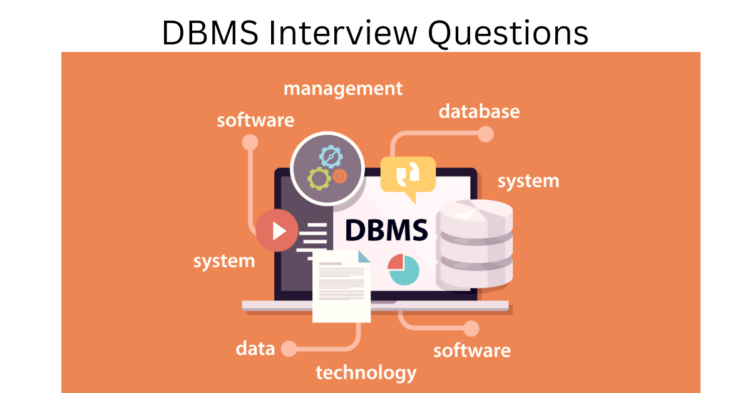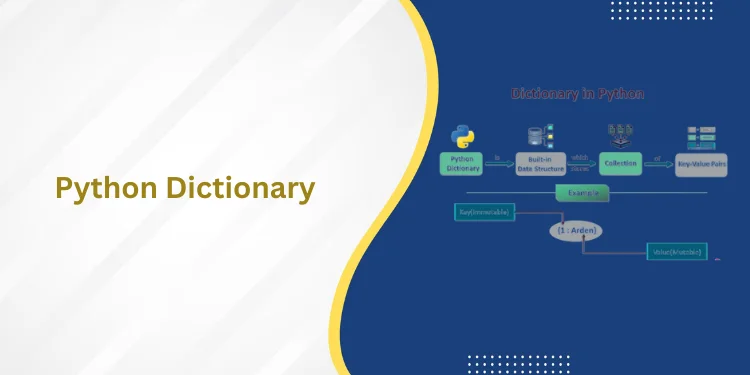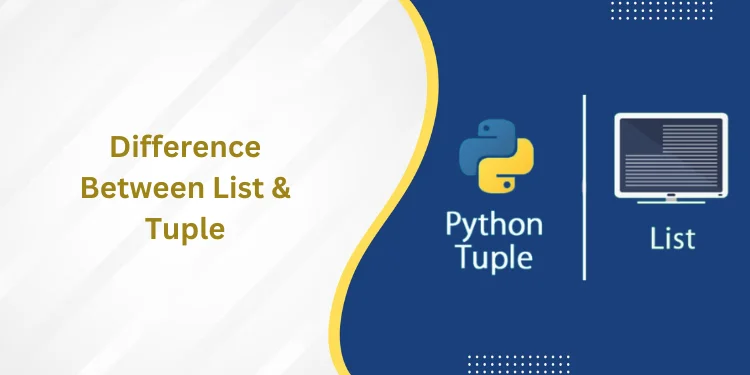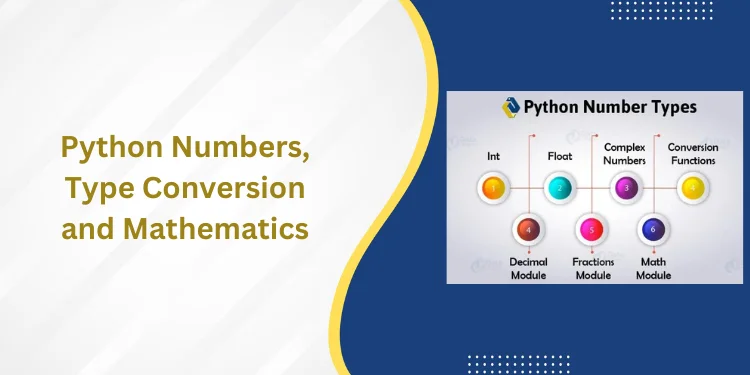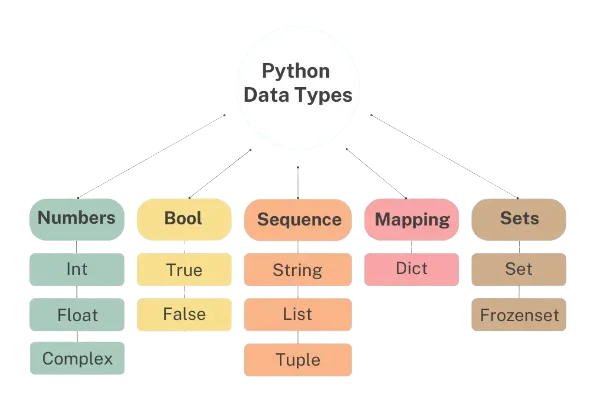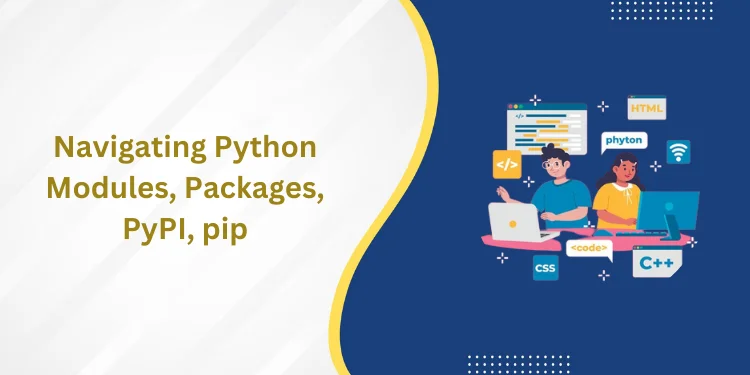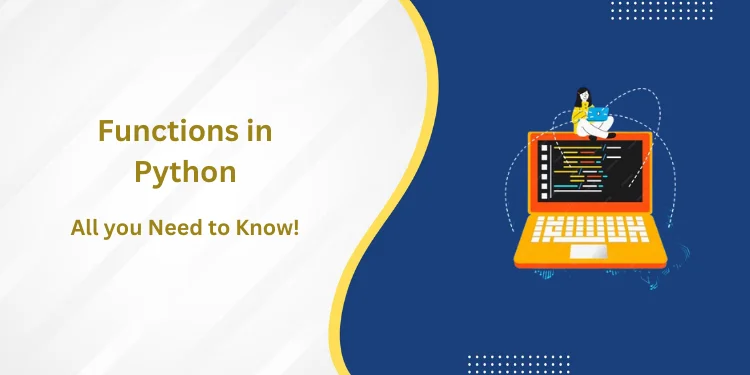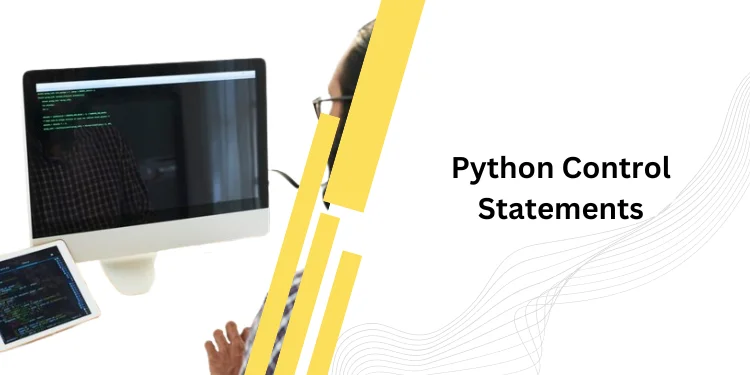Introduction to DBMS Interview Questions
Are you looking for a job that requires knowledge of Database Management Systems (DBMS)? Then you’ll want to be prepared for the inevitable DBMS interview questions that come up during the hiring process.
A DBMS is a system used to create, store, maintain and manage databases. It’s essential for companies that need to track and store large amounts of data. Knowing your way around a DBMS can be quite a valuable skill in the workplace, thus making it an important asset to have when it comes to interviews—but it’s also important to know how to effectively answer DBMS interview questions.
When it comes to answering DBMS interview questions, there are several factors you should keep in mind. First, make sure that you understand exactly what the interviewer is asking before jumping into your answer. Be clear and concise with your answers, as this will show that you have a firm understanding of the concepts. It’s also important to emphasize any relevant experiences or qualifications you may possess that are related to the question at hand.
When it comes to types of DBMS interview questions, there are some common ones that apply both to freshers and those who have been working with databases for some time. Some examples include: “Describe how you would design a database from scratch;” “What experience do you have working with different types of databases?;” “What functions do databases provide?;” “How does database normalization work?;” and “Explain data integrity in relation to databases” are some of the dbms interview questions.
Another tip for answering DBMS interview questions is practice! Make sure that you take some time beforehand to review possible
DBMS Interview Questions for Freshers
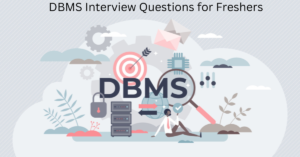
Are you prepared for your next DBMS interview? DBMS (Database Management System) is an essential part of any modern organization, and as a result, knowing the basics of this powerful technology is important. If you’re looking for dbms interview questions for freshers, look no further! In this blog post, we will go over the different types of database systems, basic concepts of dbms, data modelling techniques, normalization process, SQL queries and joins. We also differentiate between DBMS and RDBMS and discuss the advantages/disadvantages of using the relational model. Finally, we will explore indexing & concurrency control are some of the dbms interview questions.
First let’s start by looking at the different types of database systems. There are two main categories: relational databases (RDBMS) and nonrelational databases (NoSQL). Relational databases use structured query language (SQL) to access and manipulate data quickly and easily while nonrelational databases use object oriented programming (OOP) techniques to store data in more complex ways.
The next concept to understand is basic dbms concepts such as entityrelationship modeling, table structure definitions and query creation. Entityrelationship modeling defines how data is related together into tables; table structures identify what type of fields can be found in each table; and query creation allows users to interact with the database in order to retrieve information or make changes to it.
Once you’ve mastered these concepts, it’s time to move onto data modelling techniques such as ER diagrams and normalized forms. ER diagrams are graphical models that represent entities– like customers or products– their fields– like name or price– and the relationships between them which can
DBMS Interview Questions for Professionals
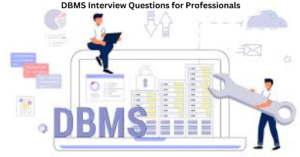
If you’re preparing for a dbms interview, understanding the core concepts and associated techniques are essential. As such, this article provides an overview of the essential dbms interview questions for professionals that you should know.
First, let’s start with the basics: What is a DBMS? This stands for “database management system”, and it is responsible for managing the data in a database. Relational databases are the most common type and involve using tables to store related information.
Next, you should be familiar with dbms types. The three main types are SQL (structured query language), NoSQL (not only structured query language), and cloudbased DBMSs. Each type has its own strengths and weaknesses, and so it is important to understand which type best suits your needs.
In addition to dbms types, understanding SQL queries is also important. Much of your work as a professional will likely involve writing SQL queries such as SELECT statements, UPDATE statements, INSERT statements, and DELETE statements. Knowing when to use each type of query can make a big difference in terms of application performance.
Furthermore, normalization and denormalization may also come up in an interview setting. Normalization involves dividing up tables into smaller parts, while denormalization involves consolidating data into one structure or merging related tables together. Knowing when to apply both techniques can help streamline your workflow when dealing with data in a database system.
Moreover the dbms interview questions, understanding data storage techniques is useful when discussing how a dbms functions at an advanced level. Things like indexing, hash algorithms, challenge/response authentication protocols all fall under this umbrella term so being comfortable
How To Prepare for a DBMS Interview Questions
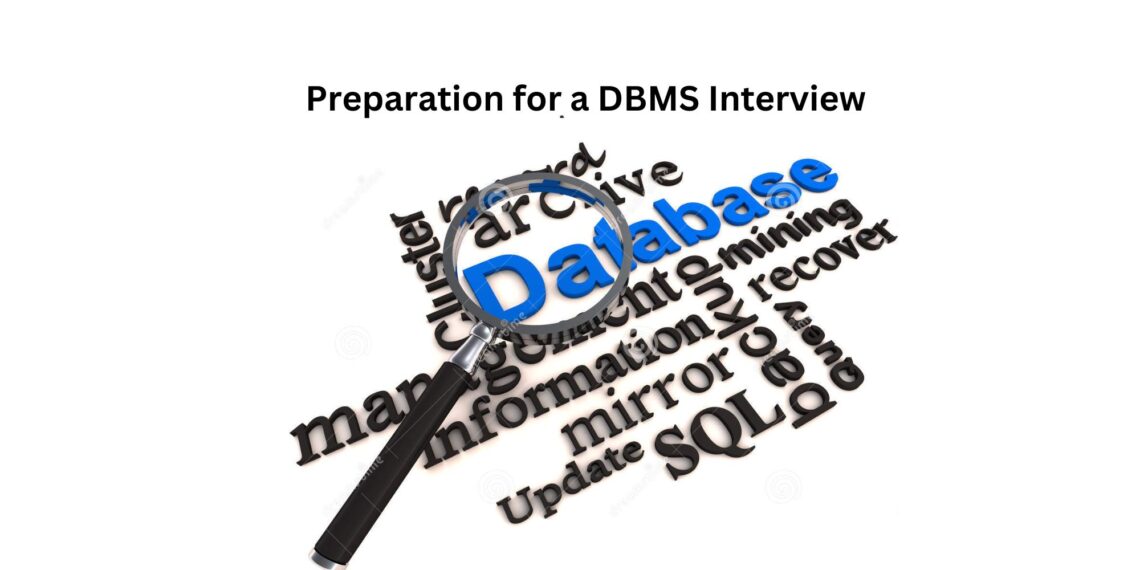
If you’re getting ready for a DBMS interview you need to know dbms interview questions and also, you need to be well prepared and confident. To help you ace your upcoming interview, here are some top tips on how to prepare for a dbms interview questions
.
First, understanding the basics of DBMS is essential. Knowing the principles behind relational databases, query languages like SQL, and database design will give you a head start during the interview. Familiarize yourself with the tools used in databases, such as Oracle and MySQL, and be sure to brush up on any additional concepts that may be asked about.
Second, do your research. Learn as much as you can about the interviewer and the company where you’re being interviewed so that you can understand what they want from their candidates. Make sure that your skills match up with any requirements mentioned in job postings or press releases so that you can confidently answer questions related to those topics.
Thirdly, practice answering common dbms interview questions. This includes questions around structuring and programming knowledge of databases, data modeling tools and techniques, query optimization strategies, database tuning methods etc. Be sure to have an answer prepared for each question so that you know what points to emphasize when talking about yourself during an interview.
Fourthly, learn advanced concepts related to databases like distributed systems, logical query plans etc., which are often asked in complex interviews related to DBMS job roles. Not only should your answers demonstrate technical knowledge, but also analytical thinking skills that allow you to solve complicated queries in less time or optimally utilize resources of the system for better performance.
Finally revise designing & data modeling tools such as ERwin/Visio which are commonly used for creating database models & systems flow
Note: Click Here to know more about Coding.
Frequently Asked Questions
1.) What are the 4 major uses of DBMS?
In this dbms interview questions, Database Management System (DBMS) is a software package that allows data to be effectively stored, retrieved and manipulated and the data stored in a DBMS package can be accessed by multiple users and by multiple application programs. Its 4 uses are:
- It represents complex relationships among different data items.
- Keeps a tight control on data redundancy.
- Enforces user defined rules to ensure the integrity of data in a table form.
- Maintains data dictionary for the storage of information pertaining to data fields and data manipulation.
Let us now move on to the next dbms interview questions.
2.) What are the 7 types of DBMS?
In this dbms interview questions the 7 types of DBMS are as follows
- Centralized Database
- Distributed Database
- Relational Database
- NoSQL database
- Cloud database
- Object-oriented Database
- Hierarchical Databases
3.) What is DBMS in TCS interview questions?
Following are some of the dbms interview questions asked in TCS interview
- What is Data Warehousing?
- Explain different languages present in DBMS.
- Explain the difference between the DELETE and TRUNCATE command in a DBMS
- Explain the difference between intension and extension in a database.
- Explain different types of keys in a database
4.) What are the five 5 major components of a database?
In this dbms interview questions the Database management system can be divided into 5 major components, They are:
- Hardware.
- Software.
- Data.
- Procedures.
- Database Access Language.
5.) What are the 3 main functions of a database?
In this dbms interview questions, the 3 main functions of a database are:
- To Establish and maintain security rules and user access rights.
- Backing up data regularly and recovering it quickly should a breach occur.
- To Set up database rules and standards to protect data integrity.

